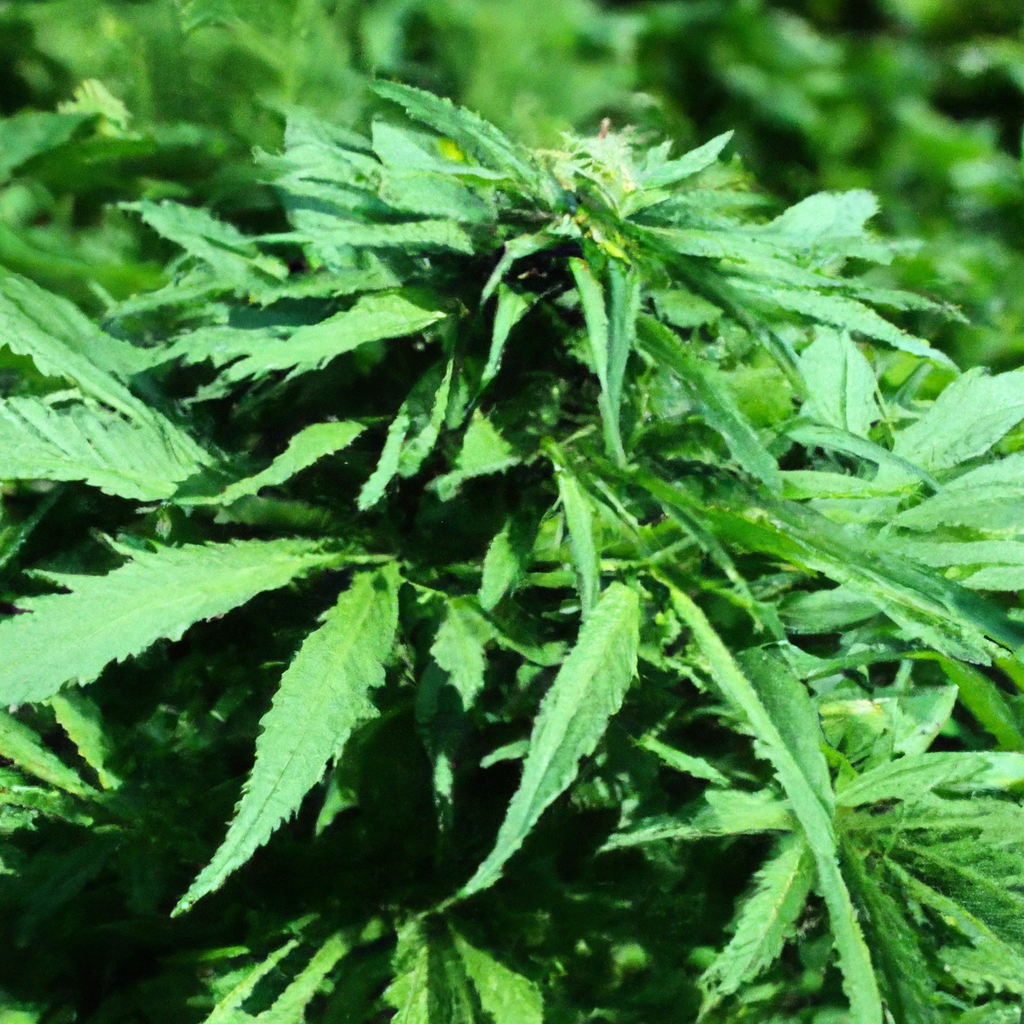Your cart is currently empty!
As the trend toward sustainable and eco-friendly farming continues to rise, organic cannabis cultivation offers an environmentally responsible approach that benefits both growers and consumers. By leveraging natural fertilizers, compost, and eco-friendly pest control methods, cultivators can improve plant health while reducing environmental impact. Let’s explore some of the best practices for organic cannabis cultivation.
1. Building a Strong Soil Ecosystem
Creating a thriving soil ecosystem is essential for organic cannabis growth. A healthy soil composition should include a diverse range of microorganisms, beneficial microbes, and earthworms. Here’s how to achieve it:
- Use Compost: Enhance soil fertility by incorporating homemade or commercial compost. Composting enriches the soil with essential nutrients, promoting robust plant growth.
- Embrace Crop Rotation: Rotate cannabis with other crops to prevent nutrient depletion and soil erosion, ensuring long-term sustainability.
2. Utilizing Natural Fertilizers
Avoid synthetic chemicals by opting for natural fertilizers that work harmoniously with the environment:
- Compost Tea: Boost nutrient uptake by using nutrient-rich compost tea, which is easy to make and highly effective.
- Bone Meal and Fish Emulsion: These organic fertilizers provide essential nutrients such as nitrogen and phosphorus without the harsh impacts of synthetic alternatives.
3. Sustainable Pest Control Methods
Efficient pest management is crucial in protecting your cannabis plants from unwanted invaders, all while preserving the environment:
- Companion Planting: Integrate pest-repellent plants like basil and marigold alongside cannabis to naturally deter pests.
- Neem Oil: Use neem oil as an organic pesticide that effectively combats a range of pests without harming beneficial insects.
4. The Benefits of Organic Cannabis
Growing cannabis organically isn’t just good for the earth; it also provides several benefits for consumers:
- Improved Product Quality: Organic cannabis is often higher in essential nutrients and cannabinoids, leading to a better consumer experience.
- Environmental Impact: By avoiding synthetic fertilizers and pesticides, organic farming reduces harmful runoff and soil degradation.
Conclusion
Embracing organic practices in cannabis cultivation not only supports a healthier ecosystem but also produces a superior product for end-users. By building rich soil ecosystems, adopting natural fertilization techniques, and using sustainable pest control methods, growers can achieve sustainability without sacrificing yield quality. Embrace these best practices to ensure a greener and more sustainable future for cannabis cultivation.
Tags: OrganicGrowing, NaturalFertilizers, PestControl, SustainablePractices, EcosystemBuilding
Discover more from Magic Clones
Subscribe to get the latest posts sent to your email.


Leave a Reply